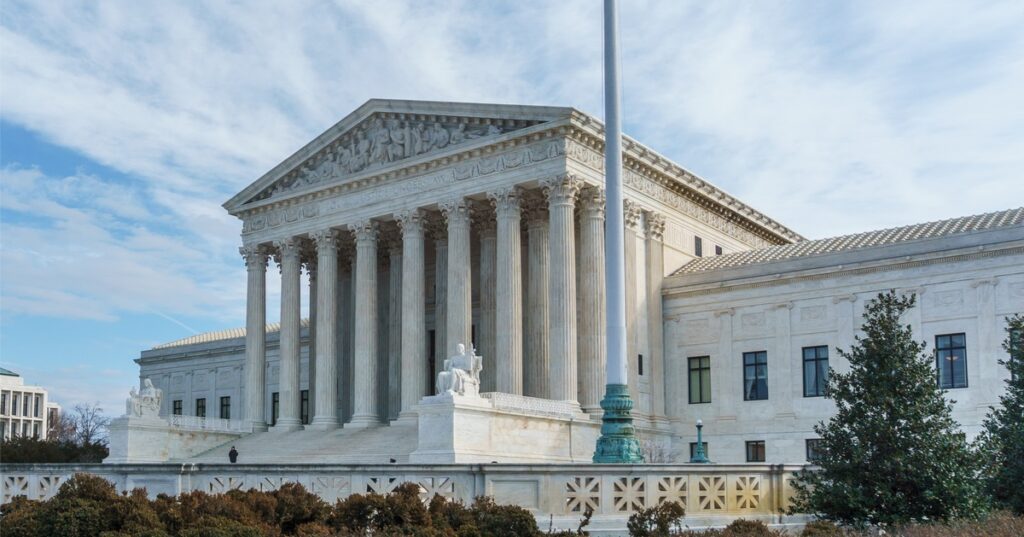More than a decade after the Supreme Court recognized a constitutional right to same-sex marriage, a recent petition from a jailed Kentucky county clerk reignited disputes over religious liberty, public duties, and whether the high court should revisit Obergefell v Hodges.
In 2015, a county clerk in Kentucky refused to issue a marriage license to a same-sex couple and spent six days jailed for her stance. That episode has shadowed later litigation, and this year an effort to bring the matter back to the Supreme Court was quickly turned away.
Former Rowan County Clerk Kim Davis asked the Supreme Court to review an appeals court ruling, supported by a detailed petition from Liberty Counsel. The filing claimed her refusal stemmed from sincere religious convictions and sought reconsideration of how marriage cases intersect with religious liberty.
The United States Court of Appeals for the Sixth Circuit weighed in and upheld a lower court finding that Davis violated the rights of David Ermold and David Moore. The appeals court concluded the couple’s constitutional protections were breached when a government official declined to provide a marriage license.
The financial fallout has been significant: the couple won $100,000 in damages and later secured an additional $260,000 for legal fees, bringing the total Davis was ordered to pay to $360,000. Those awards underscore how individual acts by public officials can trigger substantial liability when courts find constitutional violations.
The appeals panel made a pointed legal determination about public-office duties and speech protections. It stated that as a public official, Davis was precluded from raising a First Amendment defense since she was “being held liable for state action, which the First Amendment does not protect.”
Liberty Counsel’s chair, Mat Staver, framed the case as part of a larger fight for religious freedom, arguing “Kim Davis’ case underscores why the U.S. Supreme Court should overturn the wrongly decided Obergefell v. Hodges opinion because it threatens the religious liberty of Americans who believe that marriage is a sacred union between one man and one woman.” His statement reflects a mainstream Republican concern about balancing conscience protections with court-created rights.
The petition also drew a direct line to other recent shifts in constitutional doctrine, asserting that Obergefell should be overturned “for the same reasons articulated in Dobbs v. Jackson Women’s Health Center,” and critiqued Obergefell as flawed on substantive due process grounds. In bold language the filing declared, “Obergefell was wrong when it was decided and it is wrong today because it was grounded entirely on the legal fiction of substantive due process.”
Counsel for David Ermold and David Moore pushed back on procedural and strategic grounds, arguing Davis waived certain defenses by her prior positions. “The Court should hold her to that representation,” they wrote. “Reaching the question of whether to overrule Obergefell in the context of this case would also require the Court to first decide thorny questions about how such a ruling would affect Davis’s liability.”



